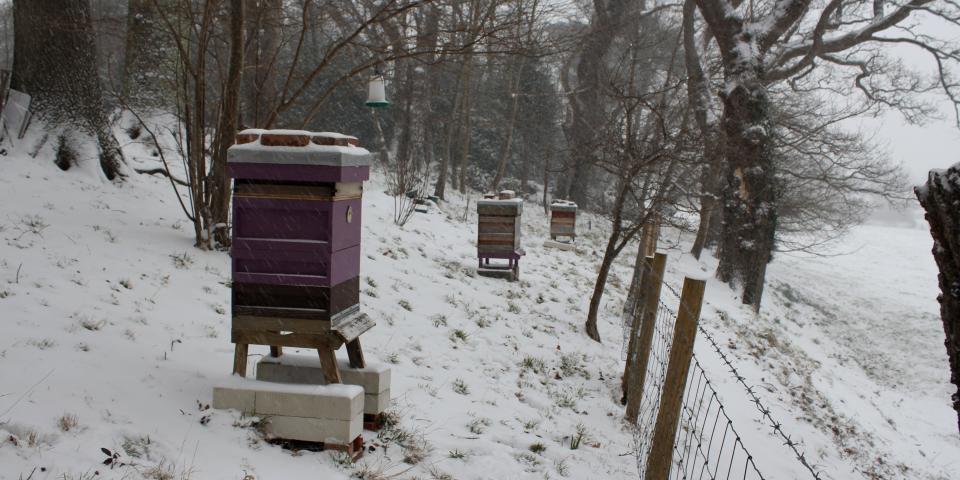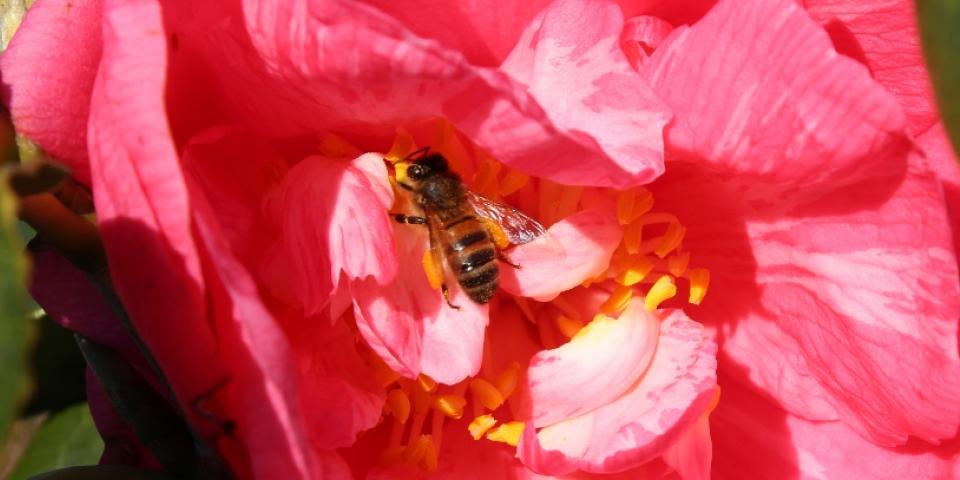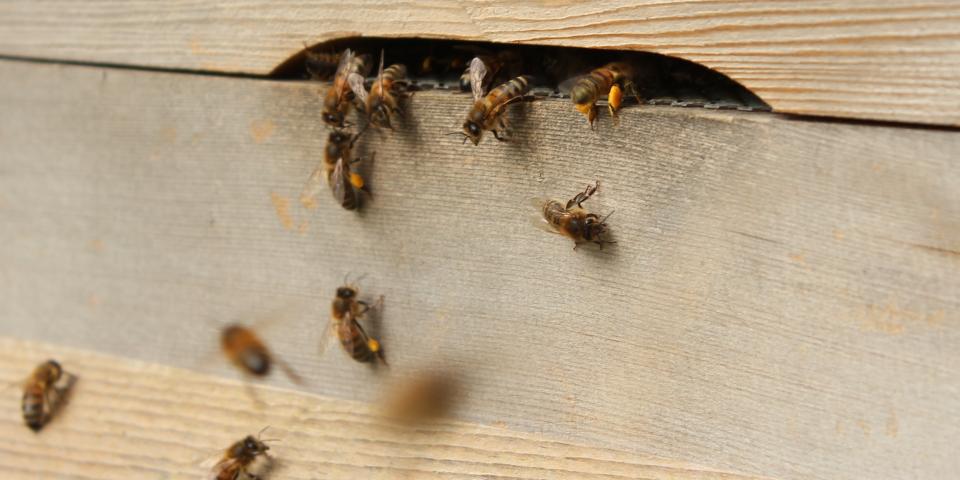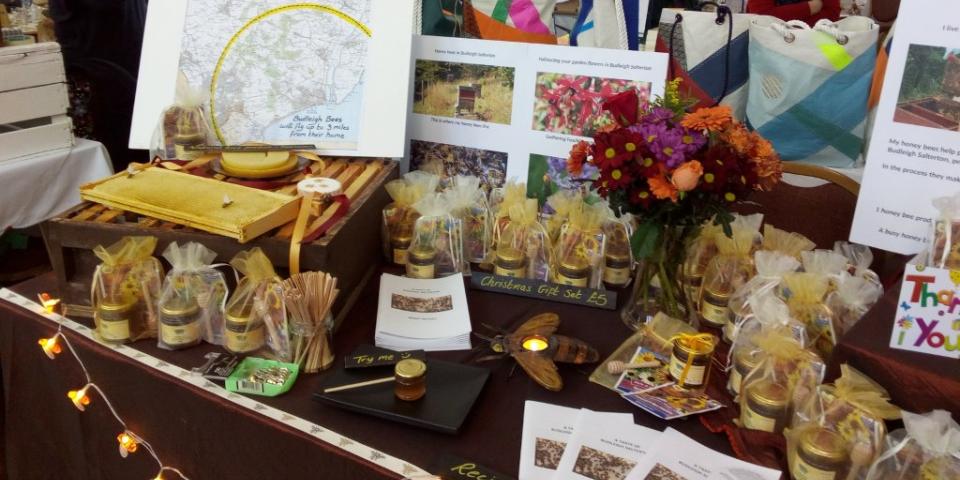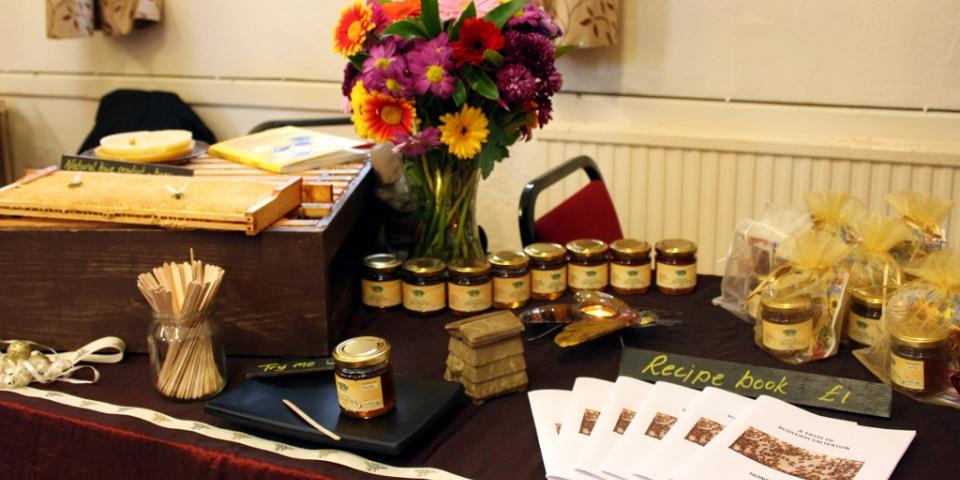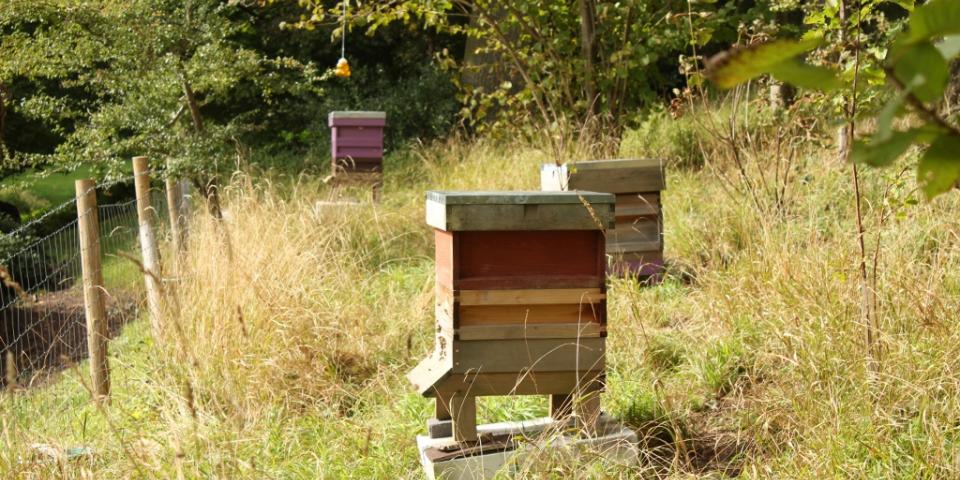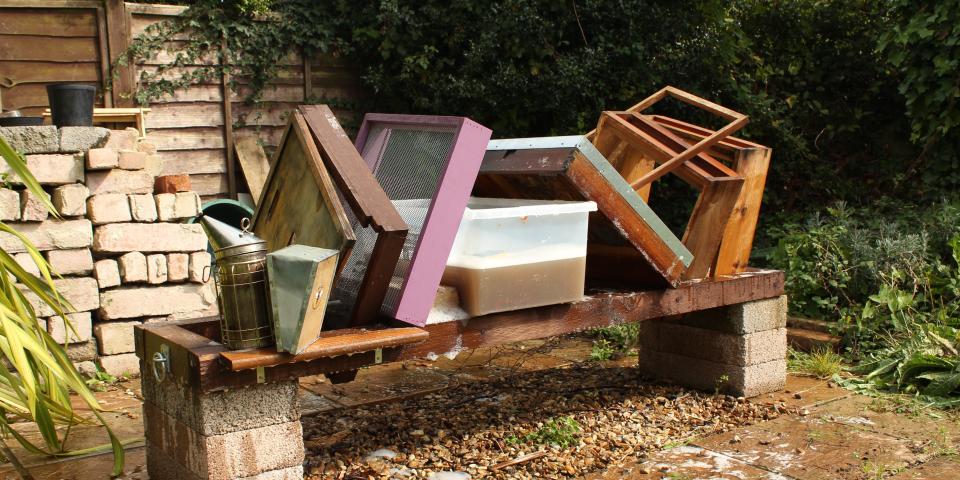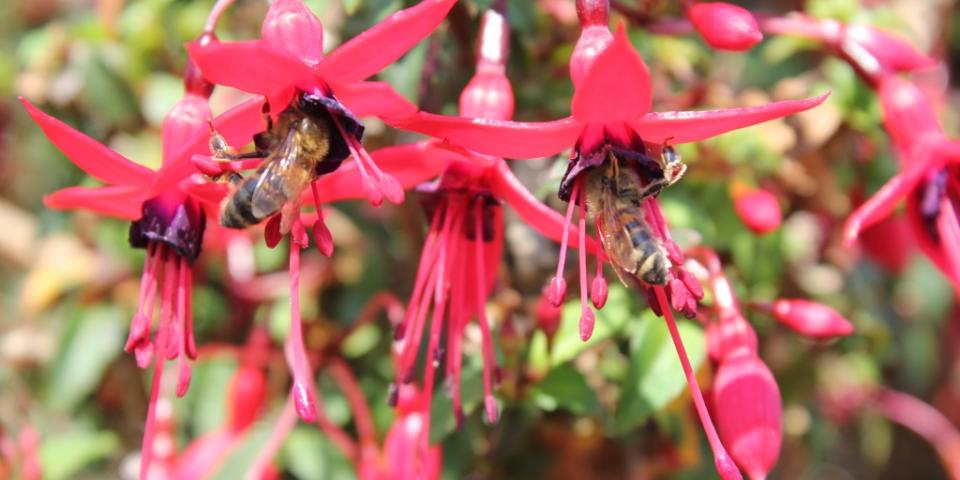- Posted By: beekeeper
- Comments: 0
Emma and the beast from the east
With the majority of the country laying under a blanket of snow, it was inevitable that the beast from the east would finally reach us in Devon with Storm Emma due to arrive later from the west. With the weather conditions as they are, the car keys were left hanging up and the woolly hat and gloves donned for a trudge in the snow over to the apiary to check the hives.

